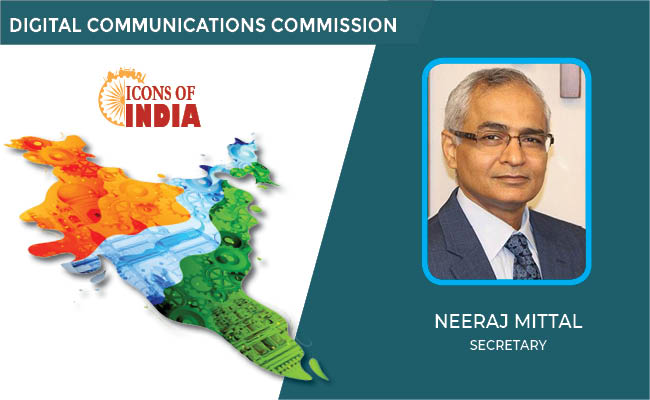Fragility of global supply chains but blockchain could be missing link in building resilience
By MYBRANDBOOK

The COVID-19 pandemic has disrupted nearly every part of supply chains within the healthcare industry, once again exposing the vulnerabilities of many organizations, especially those that have a high dependence on markets such as India and China to meet their raw materials or finished products’ needs. The COVID-19 outbreak is likely to result in healthcare companies reshaping supply chains to strengthen the risk management process and resilience, says GlobalData, a leading data and analytics company.
Urte Jakimaviciute, MSc, Senior Director of Market Research at GlobalData, comments: “Pharmaceutical and medical device supply chains are extremely complex, with number of purchasing, manufacturing, testing and distribution activities taking place simultaneously. Lack of supply chain efficiency, transparency and authenticity has been an ongoing issue and the root of many challenges faced by the healthcare companies. While most organizations have supply chain risk management strategies in place, the current outbreak is not a typical event. The COVID-19 crisis is a huge stress test for the industry once again reiterating the need for change.”
Preventing faulty and counterfeit products from entering markets is a crucial step to assure an effective fight against the COVD-19 outbreak. EU countries such as the Netherlands and Spain have already flagged issues with faulty China-produced protective masks and testing kits, and the Australian Border Force has reportedly seized consignments of personal protective equipment (PPE) that was counterfeit or defective. In addition, the UK’s Medicines and Healthcare products Regulatory Agency (MHRA) has disabled nine domain names and social media accounts that were selling fake or unauthorized COVID-19 products.
Jakimaviciute adds: “Without transparency at all points in the supply chain, it is difficult to identify the source of the transgression or verify the authenticity of the product. Blockchain-based systems could provide an open, tamper-proof, distributed record of transactions and, in turn, increase accuracy and efficiency. Healthcare organizations, from manufacturers to distributors, could trace products through supply chains ensuring authenticity or flagging any potentially issues, such as signs of tampering or inadequate handling.
“Blockchain has broad implications for the healthcare industry. More cases have recently emerged due to the need to simplify and improve security and accuracy for cumbersome, inefficient supply chain processes. While it may be too late to incorporate any sizable blockchain-related solutions to manage impact of the coronavirus on supply chains, as the technology is still in a proof-of-concept stage, blockchain remains as one of the most promising solutions to facilitate data sharing, improve regulatory compliance and adherence with serialization regulations.”


Nazara and ONDC set to transform in-game monetization with ‘
Nazara Technologies has teamed up with the Open Network for Digital Comme...

Jio Platforms and NICSI to offer cloud services to government
In a collaborative initiative, the National Informatics Centre Services In...

BSNL awards ₹5,000 Cr Project to RVNL-Led Consortium
A syndicate led by Rail Vikas Nigam Limited (abbreviated as RVNL), along wi...

Pinterest tracks users without consent, alleges complaint
A recent complaint alleges that Pinterest, the popular image-sharing platf...


ICONS OF INDIA : RISHAD PREMJI
Rishad Premji is Executive Chairman of Wipro Limited, a $11.3 billion ...

ICONS OF INDIA : SANJAY NAYAR
Sanjay Nayar is a senior finance professional in the Indian private in...

Icons Of India : NEERAJ MITTAL
He started his career as an IAS Officer in 1992. He has held various a...


ITI - ITI Limited
ITI Limited is a leading provider of telecommunications equipment, sol...

DRDO - Defence Research and Development Organisation
DRDO responsible for the development of technology for use by the mili...

GeM - Government e Marketplace
GeM is to facilitate the procurement of goods and services by various ...


Indian Tech Talent Excelling The Tech World - Aman Bhutani, CEO, GoDaddy
Aman Bhutani, the self-taught techie and CEO of GoDaddy, oversees a co...

Indian Tech Talent Excelling The Tech World - Vinod Dham, Founder & Executive Managing Partner, IndoUS Venture Partners
Vinod Dham, known as the “Father of the Pentium Chip,” has left an...

Indian Tech Talent Excelling The Tech World - Rajiv Ramaswami, President & CEO, Nutanix Technologies
Rajiv Ramaswami, President and CEO of Nutanix, brings over 30 years of...